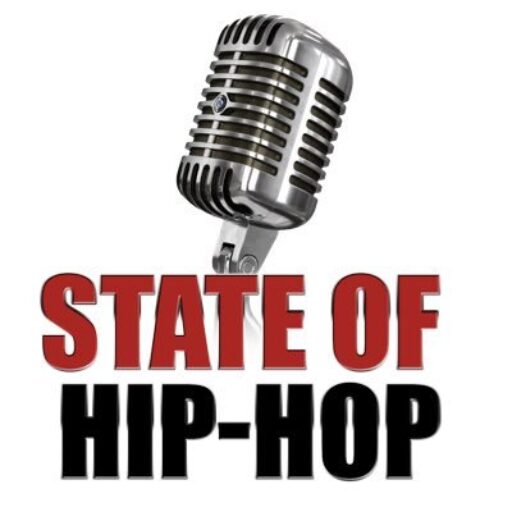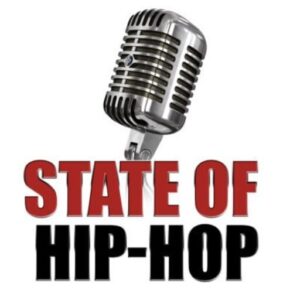Georgia State University (GSU) has been criticized for teaching a banned method of reading after a study questioned its effectiveness.
The university has taught the Reading Recovery curriculum for the past 30 years. The controversial method involves one-on-one classroom instruction for the lowest-performing first-grade students who struggle to read. School districts in Georgia and other states used the teaching methods for years until a study published in 2023 by the Journal of Research on Educational Effectiveness raised questions about its effectiveness. The study rated the short-term impact on students as “largely positive,” but the impact flipped once students reached third and fourth grade.
Almost 20 years prior, over 30 international reading researchers sent an open letter to lawmakers expressing concerns about Reading Recovery, stating, “[Reading Recovery] is not successful with its targeted student population, the lowest-performing students.”
As a result, the method was banned in 18 states — but not Georgia.
Despite criticism and a study from the University of Delaware showing the harm of Reading Recovery toward students, Georgia State has continued to run its training center for teachers. According to public records, school districts in five states, including Georgia, paid the university close to $243,877 for the instruction between January 2023 and February 2024. Missy Purcell, who saw firsthand the alleged effects of the instruction on her son, Matthew, after he learned Reading Recovery in a Gwinnett County first-grade classroom, says the school’s decision saddens her. “It actually literally makes me sad. Who’s going to tell their parents those kids in those systems during the short straw,” she said.
“Who’s going to tell them their school has chosen to train teachers in a method that we have evidence that shows not only does it not work, but it hurts kids.”
Purcell said she noticed something strange when her son was reading at home. She claims Matthew was guessing words using pictures on the page over sounding the words out. “He was reading pictures. He was being cued by the pictures,” the former schoolteacher said. To help her son unlearn the Reading Recovery instruction, Purcell turned to outside tutoring and a special school, something she says was hard. “If you could just walk a mile where we’ve been and [see] what this does to a kid,” Purcell said.
“We’ve got children across the state that are products of a failed intervention.”
Chair of GSU’s Department of Early Childhood and Elementary Education, Caitlin Dooley, defended the school’s stance on the curriculum. Dooley, who helped create the curriculum, claims the school doesn’t believe the program harms children. “It’s been around for a long time,” Dooley said. “It has a strong scientific background, and so we are offering it when it’s in demand, and there are still districts that are requesting that we provide that training. And we believe that it works.”
The former Georgia Department of Education (DOE) employee pointed out some flaws in the study, highlighting how 75% of the study’s original participants dropped out. “So they could have had one lesson with Reading Recovery, or they could have had 50 lessons,” she said.
“We don’t know the way the study was written up.”
Since institutions have experienced pushback and criticism, the DOE rolled out legislation to improve the quality of early reading instruction for students, according to the Macon Telegraph. In August 2024, House Bill 538 required all students from kindergarten through the third grade in the Peach State to be screened for reading proficiency after being passed by the General Assembly in 2023.
Amy Denty, the DOE’s literacy director, said, “The more quickly we can determine a child’s deficit, the quicker we can intervene” after telling members of the Georgia Council on Literacy that students found to be falling behind in reading will be put on an individual reading improvement plan within 30 days.
RELATED CONTENT: Charlotte Initiative Aims To Be A National Model In Supplying City Contracts To Black Businesses


